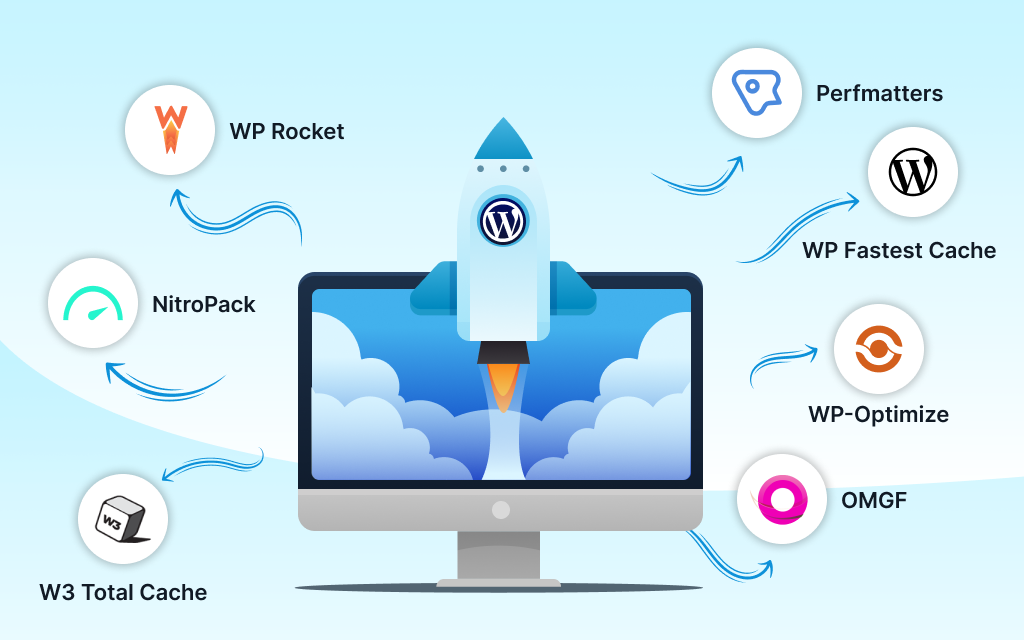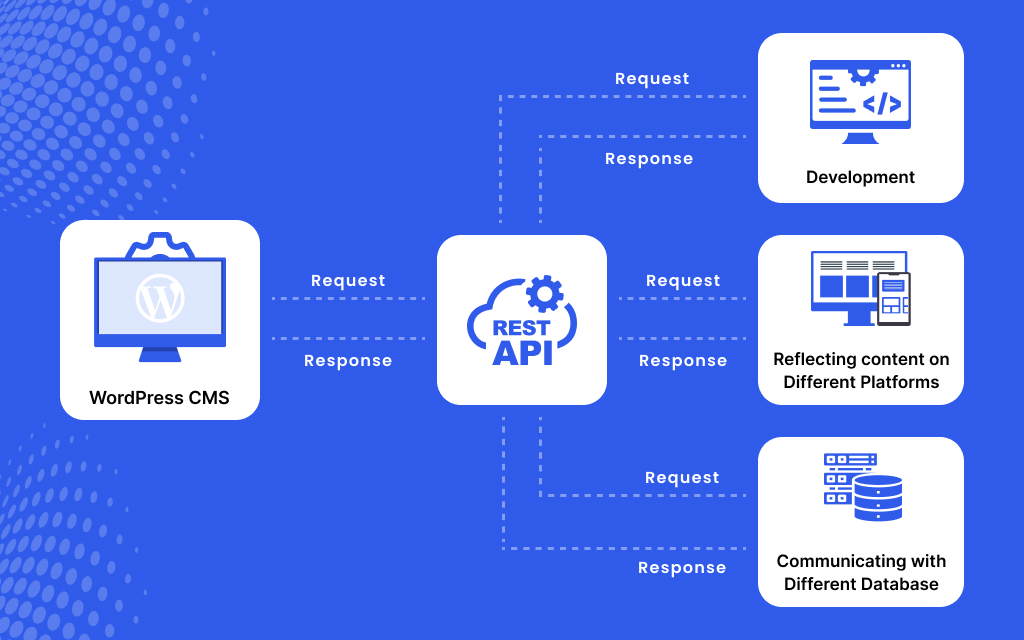When it is about creating an eCommerce website today, website owners usually like to choose between two strong content management systems (CMS) WordPress Vs. Magento. The reason for this is quite obvious – content management systems are open source and they come with a complete suite of tools that help in the easy and faster development of websites. Both WordPress and Magento are quite popular amongst developers today. However, you obviously cannot use both to create your eCommerce store.
You need to make a choice. It, therefore, invariably becomes important to compare WordPress vs. Magento 2020 to understand the pluses of each platform. Only when the strengths and weaknesses of both CMS platforms, in different relevant scenarios are evaluated thoroughly can the right decision be taken.
WordPress vs. Magento: Which is the Best for eCommerce in 2020?
WordPress and Magento both are powerful open-source platforms but both have pros and cons. Before starting with website development, know which is the best option for eCommerce development and analyze WordPress vs. Magento.
A brief about WordPress
WordPress was launched in 2003 and soon became very popular. Today, there are about 75,000,000 websites. eBay has its blogs on WordPress. The goodness of WordPress is that even people who are technically-savvy or do not have knowledge of coding can work with WordPress to make their website. It is a free open-source PHP CMS. Big advantages – user-friendliness, themes, and easy plugins. WordPress is immensely popular for blogging. Due to the presence of third-party modules from WooCommerce, eCommerce sites can also be created using WordPress. The platform as many as 56,000 plugins (not including third-party developers).
While it is easy to work with WordPress, it is always advisable to hire the services of a professional WordPress website development company for the best results.
Also Read: Using Custom Post Types to Power Up Your WordPress Website

A brief about Magento
Magento was released five years later than WordPress. The platform has enabled the formation of more than 250,000 eCommerce stores. It occupies the 4th position in the list of the most popular CMS platforms. Some of the best brands like Samsung, Lenovo, and Ford have their websites developed using Magento. The reason is simple. Magento offers the ultimate features when it comes to eCommerce site development. Both types of stores – big and small – can be made using Magento. The Magento Enterprise is suitable for bigger brands; while the Magento Community is just apt for smaller businesses. Magento has about 4,000 plug-ins and extensions available by first and third-party developers.
Though the platform is immensely user-friendly and offers stupendous customer experience, it is always advisable to first speak with a Magento eCommerce development company before proceeding ahead with eCommerce site development.
Aslo Read: Salient Features of the Magento e-Commerce Platform
Similarities
- Architecturally – both are the same.
- Both are perfect for Search Engine Optimization.
- WordPress and Magento can be themed and customized.
- Both are supported by a robust community online
- Both are content management systems that are intrinsically strong.
WordPress Vs. Magento – differences
The question here is which is ideal for building an eCommerce website. The primary role of the website in this case is that of eCommerce. Now let us compare the features of both to see which one is the best for your e-store.
WordPress vs. Magento 2021 – the basic and preliminary difference is that WordPress was always meant for content management; and Magento for eCommerce site-building.
And, this is what goes on to help you decide between the two platforms. What is the purpose or the intention of creating the website? Are you looking at a site that is meant for launching your brand, introducing it to your audience and showcasing your creative skills; or, are you looking at establishing your e-store where you need to feature product catalogs, offering various functionalities like adding products to the cart, enabling easy checkout, offering easy, smooth and secure payment options, managing shipping and deliveries, and so on.
Your choice of WordPress vs. Magento will depend on several parameters.
- For the creation of a site from where you can sell physical products to customers, Magento should be your choice.
- Magento is a multi-vendor platform, Magento offers you superior performance and add-ons vis-a-vis WordPress.
- If you are looking at selling virtual products, you can go ahead with WordPress.
- WordPress is about sharing and publishing content about the company and its services, WordPress is a superior choice.
- If you are expecting heavy traffic to your store or if your store is selling a range of products with innumerable choices in each range, you might want to go ahead with Magento because it can handle complex shipping and payment options, can be synced with multiple payment gateways and can be operated in different languages.
On the other hand, if your eCommerce store is going to be a small-sized store with a handful of items on sale, or if budget is a big issue or if you want the store to go live at the earliest – say, within a day or two, you should be looking at WordPress.
One of the best and the effective ways that help you make the choice easily is to speak to a reliable website development services company of the stature of AvyaTech. Due to their wide-ranging experience with both the platforms, they will be able to advise and guide you better.
A big difference between Magento and WordPress is that the former is technically complicated and needs skills as compared to the latter. The other feature is that WordPress involves a lesser financial burden as compared to Magento. But, the features and functionalities that you get from Magento for a live eCommerce store are unparalleled.

The Final Word
WordPress is known for being heaven for bloggers and content creators; whereas Magento is known for its power-driven performance as an e-commerce platform.
The final choice depends completely on what is the specific purpose of your website. If it is a whole sole blogging platform, WordPress is the clear-cut winner. If it is an eCommerce site, you need to consider the level of complexity, functionality, and range of services to choose the right platform from WordPress vs. Magento.
One last word – if you wish to start an eCommerce store, Magento is for you; and if it is about blogs and brand-related content, then WordPress it is.






Leave a Reply